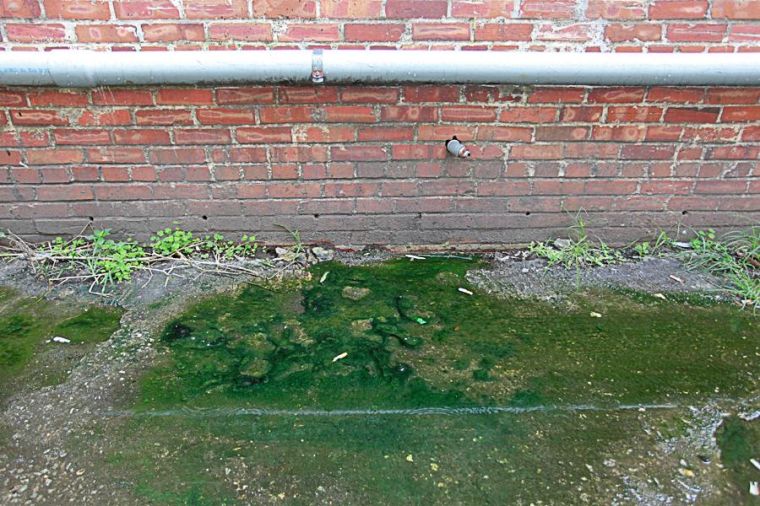West Nile Virus precautions taken seriously in New Hanover county
With five cases of West Nile Virus in North Carolina, two resulting in deaths, local officials are implementing policies to prevent such outbreaks in the Cape Fear area.
So far this year, 1,993 cases and 87 deaths have been reported to the National Center for Disease Control and Prevention. This is the highest number of cases the CDC has seen through the first week of September since the virus was first detected in the United States in 1999.
David Jenkins, senior environmental health program specialist, explained why the West Nile Virus is more prevalent this year than any other year.
“Most experts guess that it is because of the milder winter we had, but this is just a guesstimation, it can be any number of factors,” he said.
Jenkins heads New Hanover County’s vector control program-vector meaning disease-transmitting organism and control meaning population management and disease spread prevention. Jenkins has policies in place to try to prevent widespread human outbreaks of the West Nile Virus.
Unfortunately, North Carolina’s public pest management section and vector control program were dismantled last summer, which leaves the counties to fund their own programs if they choose. Brunswick, Pender and New Hanover counties have locally funded vector control and pest regulation programs in place.
According to Jenkins, they utilize three levels of prevention to protect the citizens of New Hanover County.
Their first level of prevention is public education. Through television, radio and newspapers, the department is emphasizing personal protection such as using insect repellent, avoiding the outdoors at dusk or dawn, wearing long sleeves when outside and getting rid of mosquito breeding sites by dumping out any standing water in flower pots, wading pools and children’s swings.
“We are just trying to get the message out there so people can better protect themselves,” Jenkins said.
The second level of protection is surveillance. According to Jenkins, the county tries to keep up with the different species of pests by placing several CDC light traps around the county. The trap then collects different species of mosquitos overnight for the department to analyze and test for the virus.
“There are currently 40 species of mosquito in New Hanover County, the most common one being the salt marsh mosquito,” Jenkins said.
The county’s last level of prevention is control. County officials put a chemical in the water that is not harmful to the environment but kills the mosquitos and eggs in potentially affected habitats. The county also has spray trucks that spray areas in which there is a high incidence of mosquito activity. These measures keeps the mosquito population down, which decreases the likelihood of an outbreak.
The CDC website said that the West Nile virus can be spread by an infected adult female mosquito feeding off a mammal’s blood, through blood transfusions or transplants, or from an infected mother to her child during childbirth. However, infection through transfusions and childbirth is extremely rare.
Mosquitos lay their eggs on the surface of water or in wet soil where flooding occurs frequently. Within 48 hours the eggs will hatch. Standing water is necessary to a mosquito’s habitat.
UNCW freshman Leola Jackson was asked whether the West Nile epidemic worries her.
“Yes, because I know a lot of diseases are transmitted through mosquitos and mosquitos are so widespread,” Jackson said. “Hopefully it doesn’t come here.”
Despite all the preventative measures, Jenkins warned that an outbreak is always possible.
“All it takes is one infected mosquito to pass the virus to a human,” said Jenkins.












